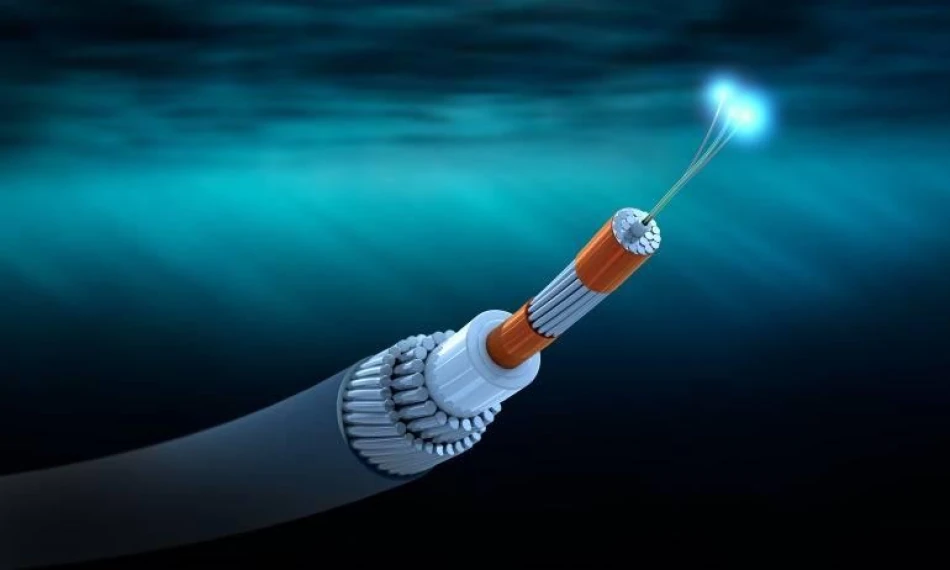
International Cable Outage Slows Down E&C's Data Services
Major Internet Cable Disruption Hits Middle East as E& Customers Face Data Service Slowdowns
Telecommunications giant E& (formerly Etisalat) has confirmed that its customers are experiencing significant data service disruptions following damage to international submarine internet cables. The outage highlights the fragile infrastructure that underpins global digital connectivity and could impact business operations across the UAE and broader Middle East region.
Infrastructure Vulnerability Exposed
E& issued a statement acknowledging the service degradation, telling customers they "may experience slowdowns in data services due to disruption in international submarine cables." The company's technical teams are actively working to address the issue, though no timeline for full restoration has been provided.
This incident underscores the critical dependency of modern economies on underwater cable networks that carry over 95% of international internet traffic. The Middle East serves as a crucial digital crossroads between Europe, Asia, and Africa, making any disruption particularly consequential for global data flows.
Regional Economic Implications
Business Continuity at Risk
The timing of this disruption could prove costly for businesses across the region, particularly those in Dubai and Abu Dhabi's thriving financial and technology sectors. With the UAE positioning itself as a global business hub, reliable internet connectivity is essential for maintaining investor confidence and operational efficiency.
Similar cable cuts in the past have demonstrated the cascading effects on everything from financial trading to cloud services. The 2008 cable cuts in the Mediterranean affected internet speeds across the Middle East for weeks, highlighting how vulnerable the region's digital infrastructure remains despite significant investments.
Comparison to Global Incidents
This disruption follows a pattern of increasing submarine cable incidents worldwide. Recent years have seen similar outages affecting Singapore's status as a regional tech hub and impacting European connectivity through the Baltic Sea. However, the Middle East's unique geographic position as a digital gateway makes such incidents particularly disruptive to global internet traffic patterns.
Market and Investment Perspective
For investors and telecommunications companies, this incident reinforces the strategic importance of cable infrastructure diversification. Countries like Singapore have invested heavily in multiple cable landing points and redundant systems, while the UAE has been expanding its submarine cable capacity to support its digital economy ambitions.
The disruption may accelerate discussions around infrastructure resilience and could benefit companies specializing in cable repair services and redundant network solutions. It also highlights the competitive advantage that regions with robust, diversified cable networks maintain in attracting international business.
Looking Forward
While E& works to restore full service capacity, this incident serves as a reminder that even the most advanced digital economies remain vulnerable to physical infrastructure failures. The resolution speed and effectiveness of backup systems will likely influence future infrastructure investment decisions across the region's telecommunications sector.
The incident also demonstrates why major cloud providers and financial institutions increasingly demand multiple connectivity options when establishing operations in emerging digital hubs, making infrastructure redundancy a key factor in maintaining regional competitiveness.
Most Viewed News

 Omar Rahman
Omar Rahman






